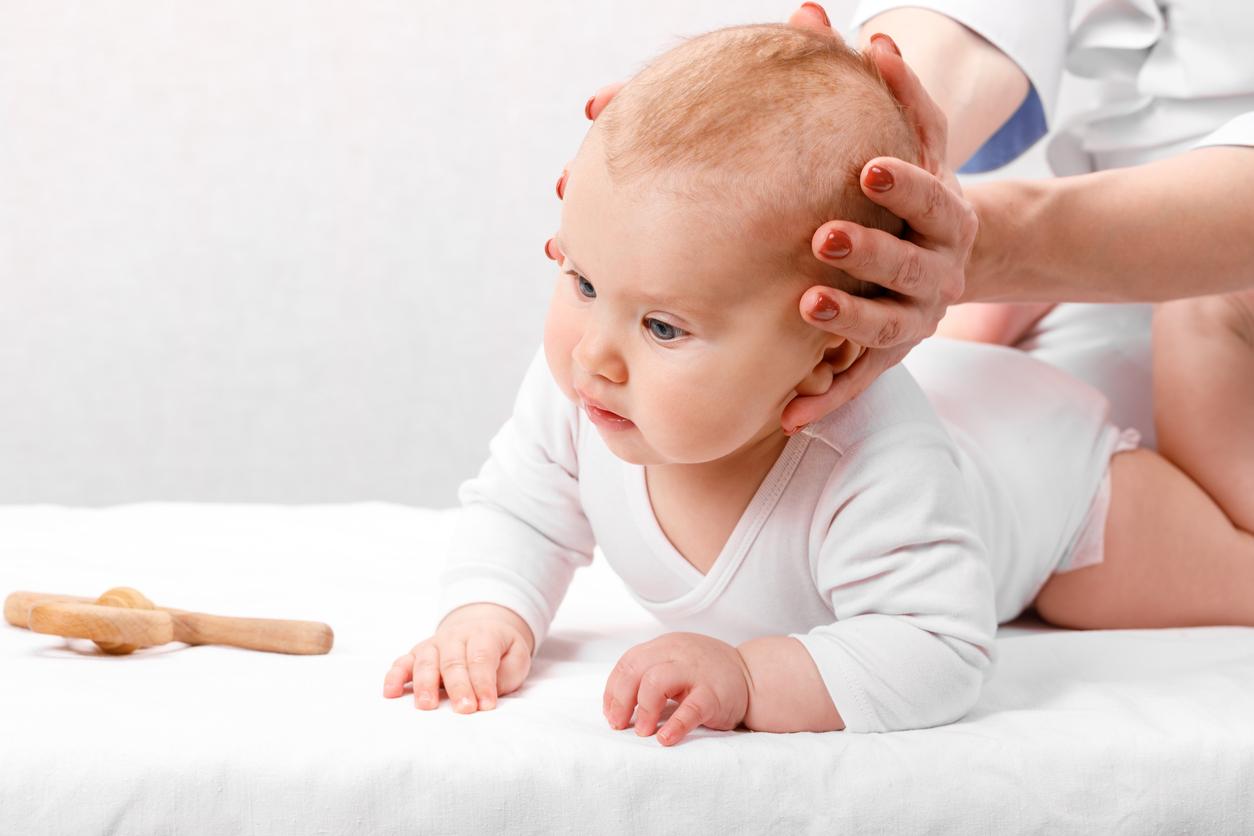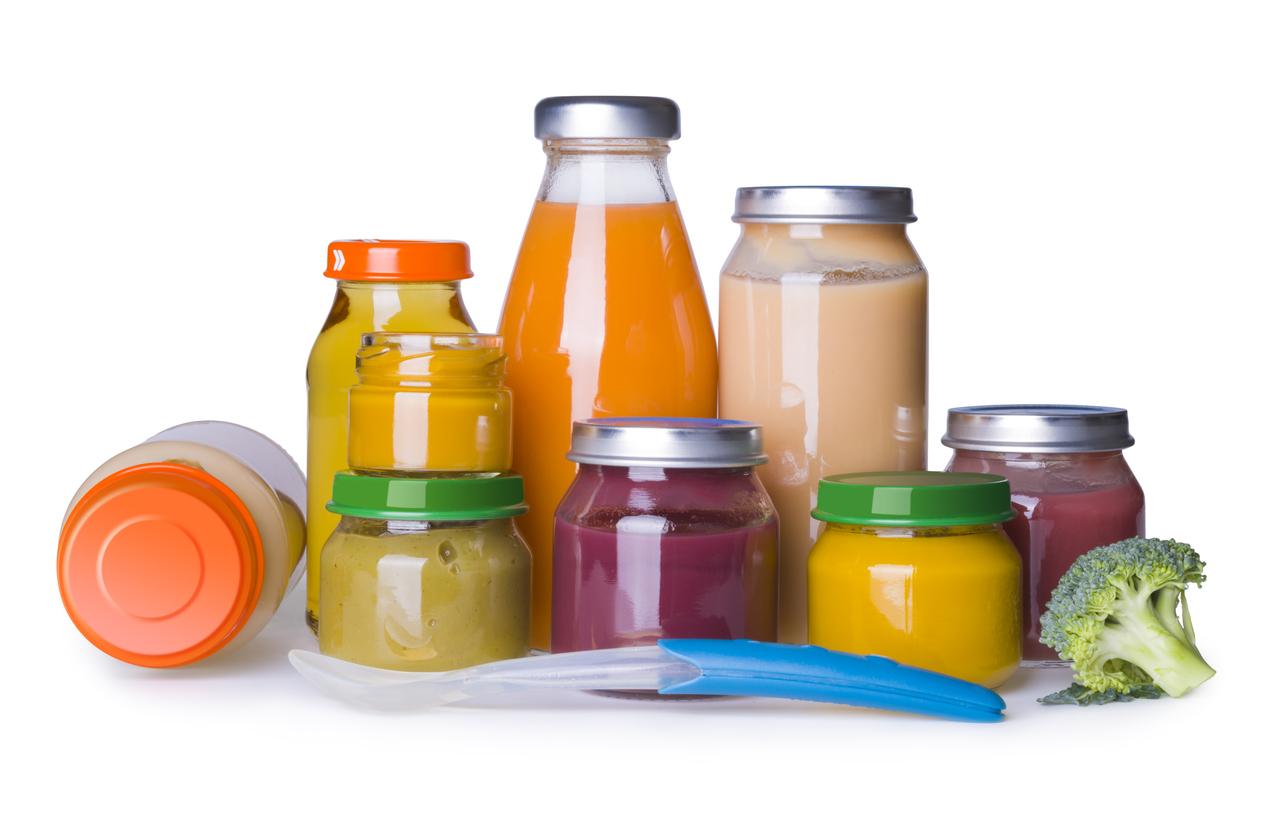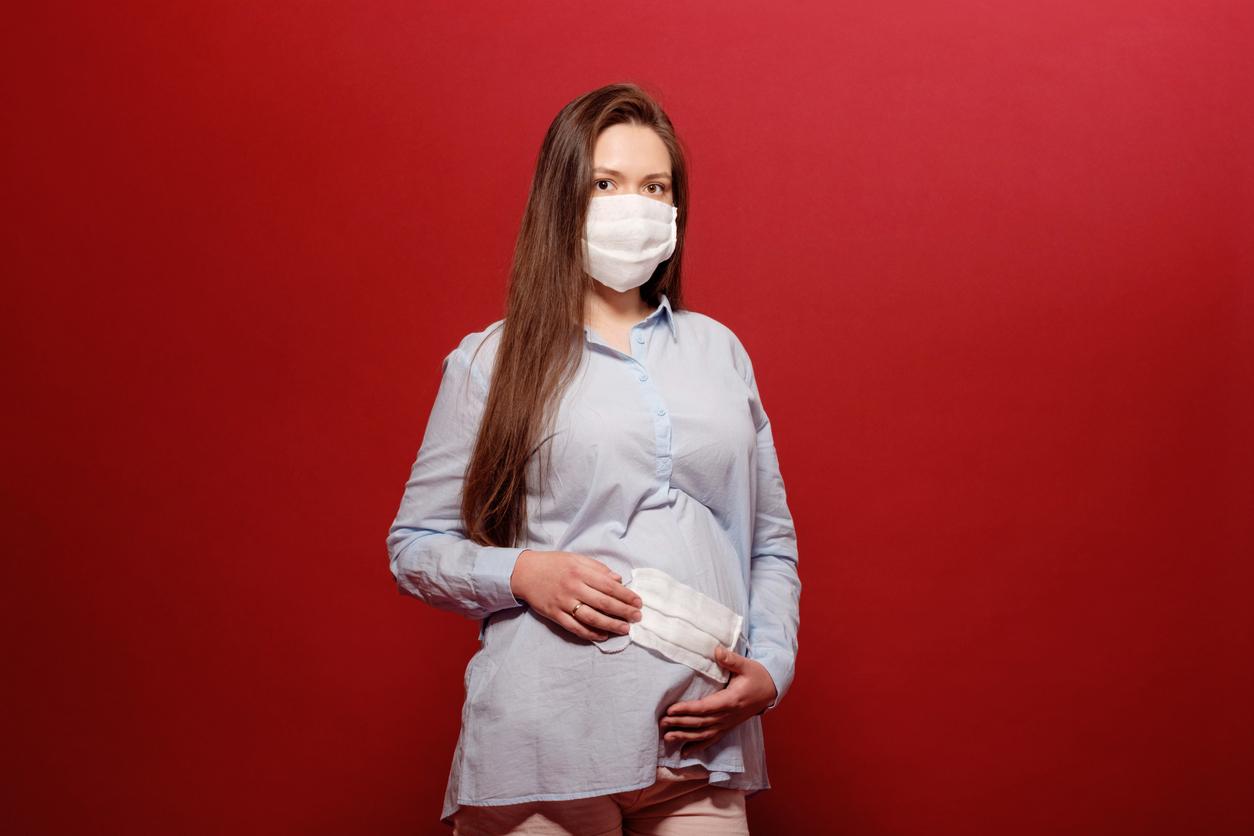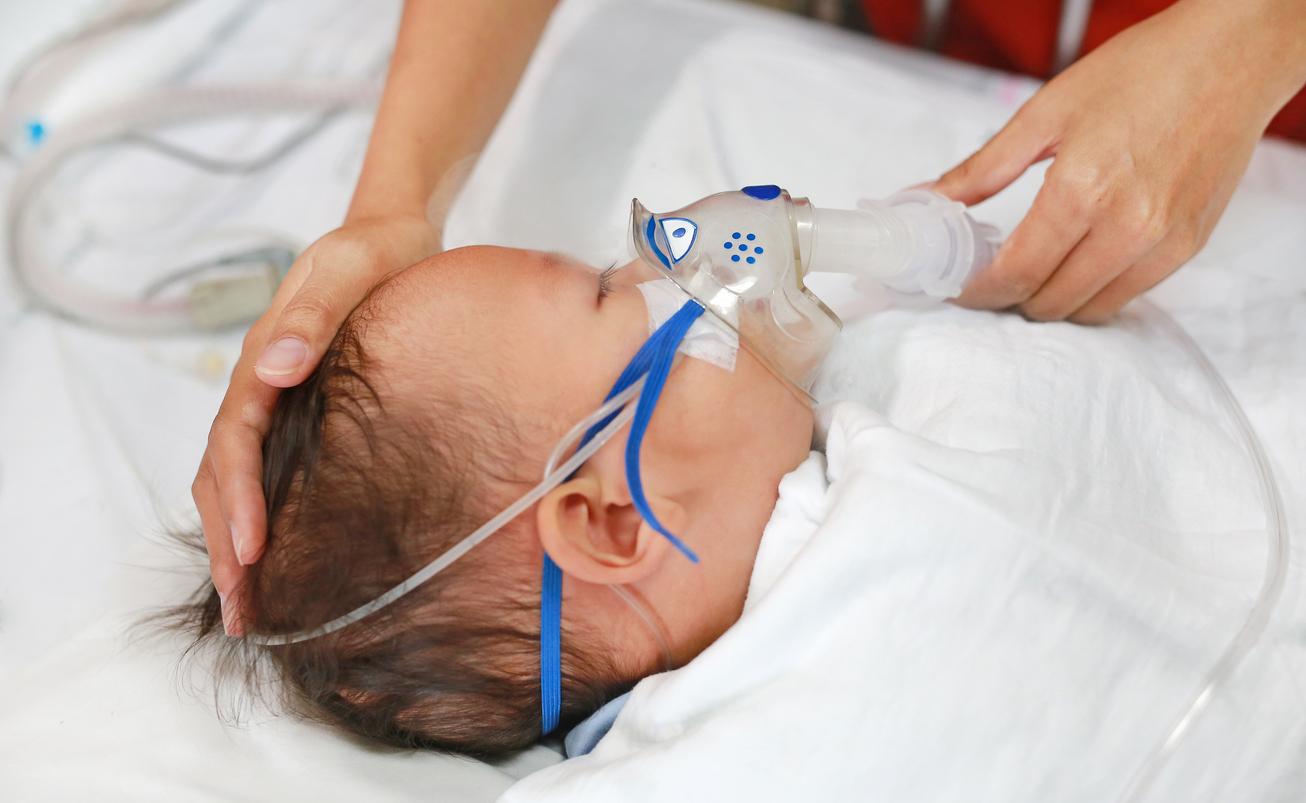
In a study published this Monday, October 19 in the journal Nature Food, a team of researchers from Trinity College Dublin found millions of plastic microparticles in polypropylene baby bottles. According to them, a baby swallows an average of 1.5 million microplastics per day.
Up to 16 million microplastics per liter for some bottles
To carry out their study, the researchers exhibited the best-selling polypropylene baby bottle models on the market and based themselves on the volume of milk integrated per day in 48 countries. According to them, some bottles could release up to 16 million microplastics per liter. To reach this conclusion, the study authors followed the recommendations of the World Health Organization for the bottle preparation procedure, namely: sterilization of the bottle and formula preparation with water heated to 70 ° C (which would eliminate any bacteria).
As a result, a 12 month old baby would swallow 1.5 million microplastics on average every day. The researchers also found that daily exposure would be higher in developed countries where breastfeeding is less important than in developing countries.
The heating temperature could influence the amount of microplastics
Led by John Boland’s team, the study also revealed that the heating temperature could influence the amount of microplastics found in baby bottles. They noticed that the hotter the water, the greater the quantity of microplastics released. According to scientists, when water is heated to 95 ° C, the amount of plastic microparticles can reach up to 55 million per liter. Conversely, if the water is heated to a temperature of 25 ° C, the number of microplastics drops to more than half a million.
Health impacts still unclear
Despite the results of this study, the impacts of these microplastics on the health of babies remain unclear since no study on the subject has been conducted so far. John Boland speaks of it thus: ” The last thing we want is to alarm parents excessively, especially since we don’t have enough information about the potential consequences of microplastics on the health of babies. “.
This is why the author of the study said “ studying the fate and transport of microplastics through the body is our next step. […] We need to start doing studies to understand the consequences. We are already working with colleagues to see what aspects of the immune system these particles start to influence. “.
The recommendations of the study authors
While waiting for more information, the authors of the study suggested some recommendations for parents in order to limit the exposure of babies. It is therefore advisable to rinse the bottles with cold sterilized water and this after each sterilization, to prepare the milk powder in a container (which is not made of plastic) before pouring the cooled liquid into the bottle. Finally, it is not recommended to shake the bottle, put it in the microwave and use a plastic electric kettle to heat the water.















